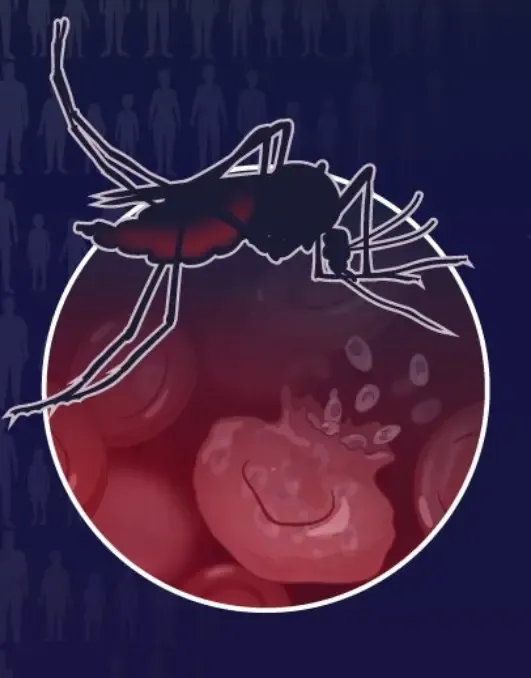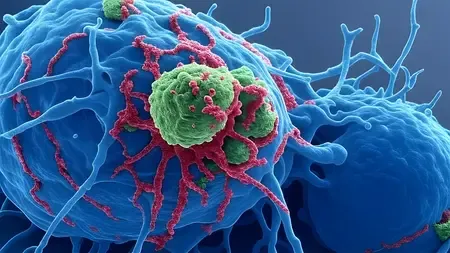What Happened in Kerala’s Malappuram After 3 Migrant Workers Tested Positive for Malaria?

Synopsis
Key Takeaways
- Three migrant workers in Malappuram tested positive for malaria.
- Health authorities are implementing preventative measures.
- Awareness campaigns are underway in the local community.
- Focus is on identifying mosquito breeding sites.
- Kerala has a declining malaria trend.
Malappuram, Sep 29 (NationPress) Three individuals from a family of migrant laborers, hailing from Uttar Pradesh and currently living in the Malappuram district of northern Kerala, were found to be positive for malaria on Monday. This situation has led the state health department to ramp up both preventative and surveillance efforts in the locality.
The affected individuals, which include a child and a woman, had recently arrived in the Ambalapadi area of Wandoor just four days prior to their diagnosis. Following the confirmation of their condition, they have been placed in a dedicated isolation ward at the Wandoor Hospital.
In response to this urgent health crisis, local health officials have taken swift action to prevent any further transmission of the disease. Teams comprising health inspectors, junior health inspectors, and ASHA workers have initiated door-to-door campaigns in the Wandoor area to educate residents about malaria prevention and distribute informative pamphlets.
The teams are actively locating potential mosquito breeding sites, particularly stagnant water found in discarded plastic containers and flower pots, while advising the community on effective source reduction strategies.
“We have initiated immediate and extensive anti-malarial initiatives and awareness campaigns in the region,” stated Sreejith G, a junior health inspector, highlighting that these cases are presently being classified as 'imported' due to the patients' recent travel from a malaria-endemic area.
Additionally, the medical department is conducting fever surveillance and collecting blood samples, especially from the local migrant workforce, to quickly identify and isolate any further cases.
The primary focus is on controlling mosquito breeding and preventing localized outbreaks in this sensitive area. Kerala has seen a significant and sustained decline in its malaria cases over the past decade, transitioning from a state that effectively eradicated the disease in 1965 to one now experiencing re-introduction mainly through external sources, as per health department statistics.
Malaria incidences in the state have consistently decreased, dropping from 2,299 cases in 2010 to 656 in 2019, and further down to 309 cases in 2021, according to reports from the Directorate of Health Services.









